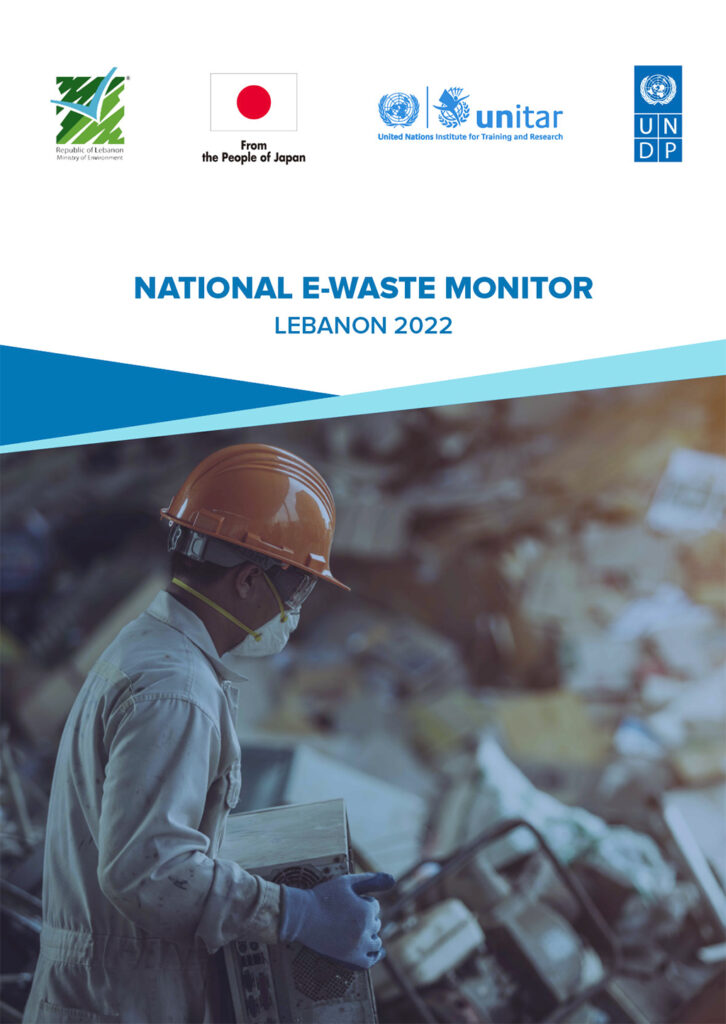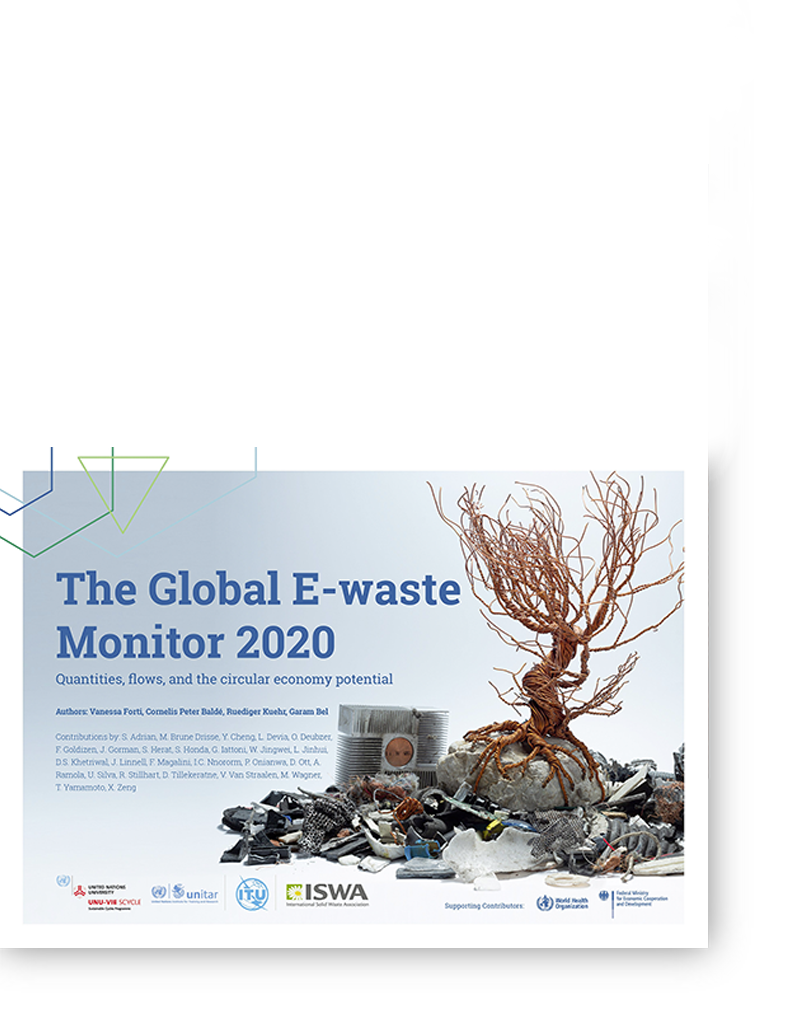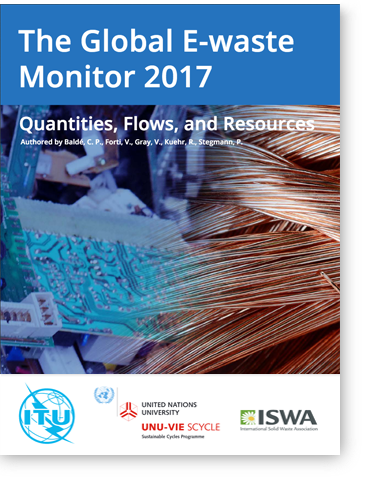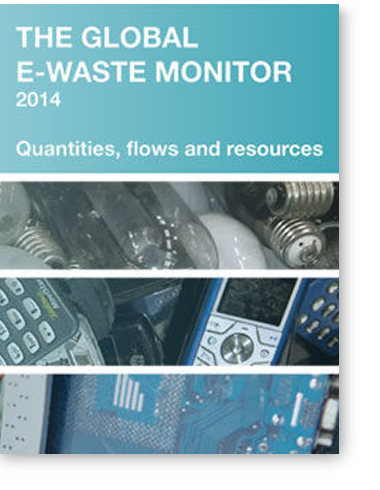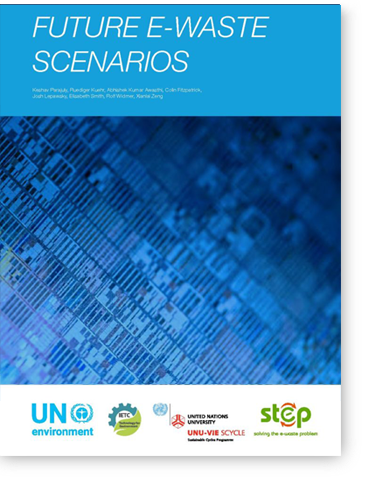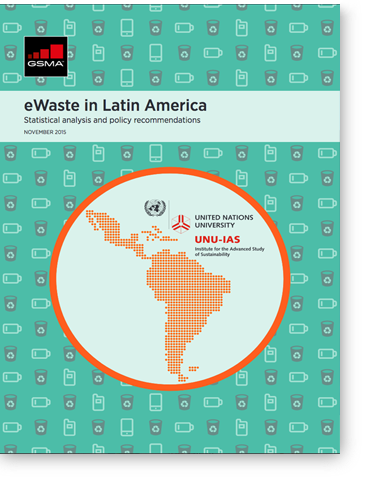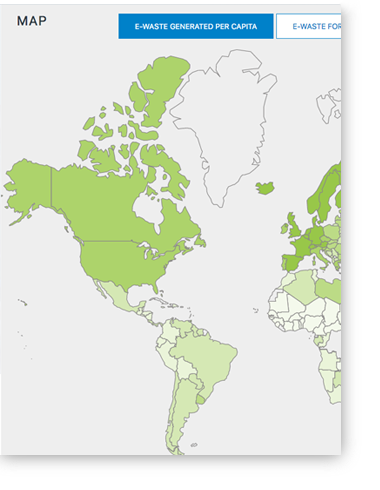The National E-waste Monitor for Lebanon 2022
The National E-waste Monitor for Lebanon 2022 examines the overall statistics of electronic and electrical equipment placed on the market, the national stock and its subsequent e-waste generation, its disposal routes, and e-waste collection for environmentally sound management. The main findings are that in 2021, 46 kt of e-waste was discarded and became e-waste. Once devices are broken or unused, the household survey suggests that repair and donation are the predominant intentions of Lebanese households, which is likely to extend the lifespan of the EEE.
However, waste management infrastructure is lacking, and e-waste ends up with the municipal solid waste or is collected by the informal sector. As a result, only 0.09 kt was documented by two e-waste national dismantling entities in Lebanon to have been managed in an environmentally sound manner.
This poses a risk to the environment and to the safety of workers, as e-waste contains hazardous materials (annually potentially exposing 71 kg of mercury, 81 t of lead and 63 t of polybrominated diphenyl ethers in Lebanon) that need to be separately and adequately managed. In addition, managing e-waste is an economic opportunity, as e-waste contains valuable materials, such as 19.5 kt iron and 2.5 kt aluminium. To improve e-waste management in Lebanon, several practical steps need to be undertaken to design specific legislation to finance e-waste management, build up infrastructure. In addition, to build capacity among e-waste managers, and increase awareness among public and stakeholders. The report contains specific steps to be undertaken for Lebanon.
